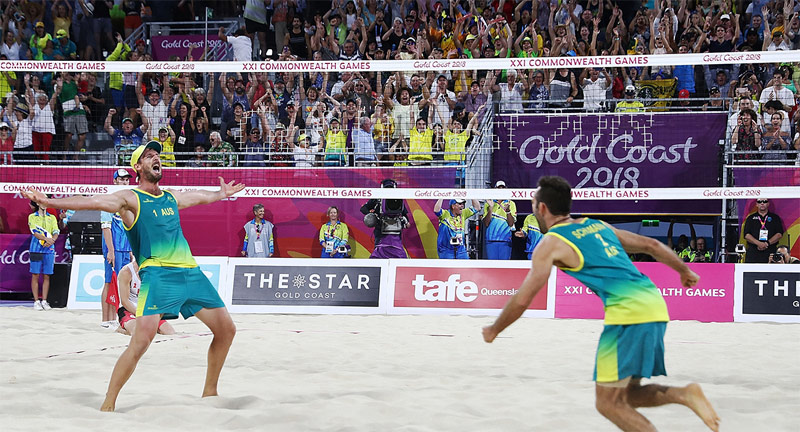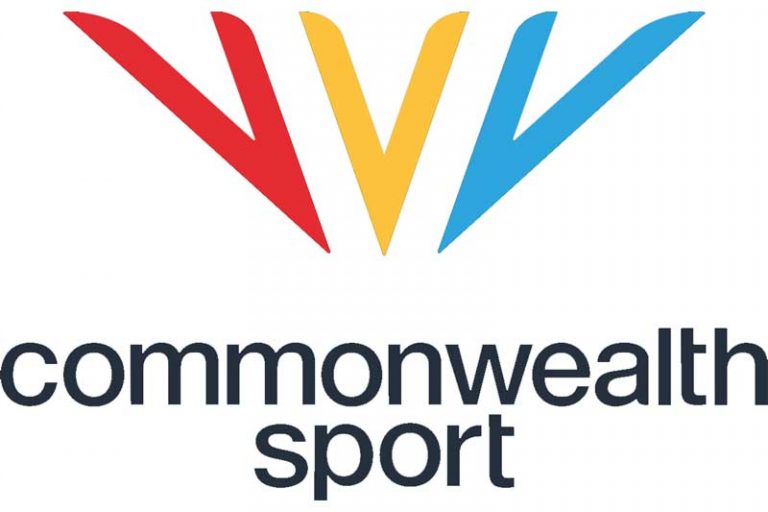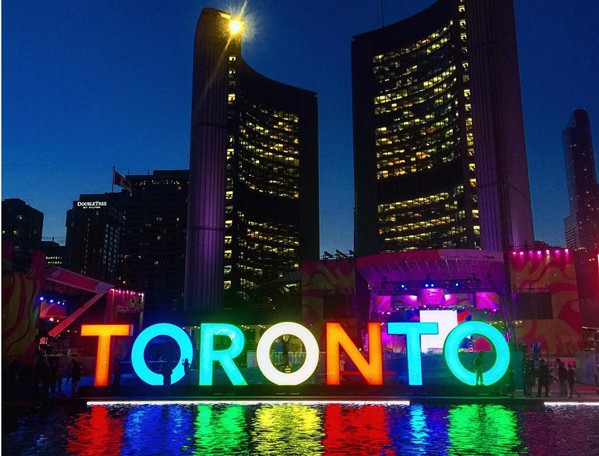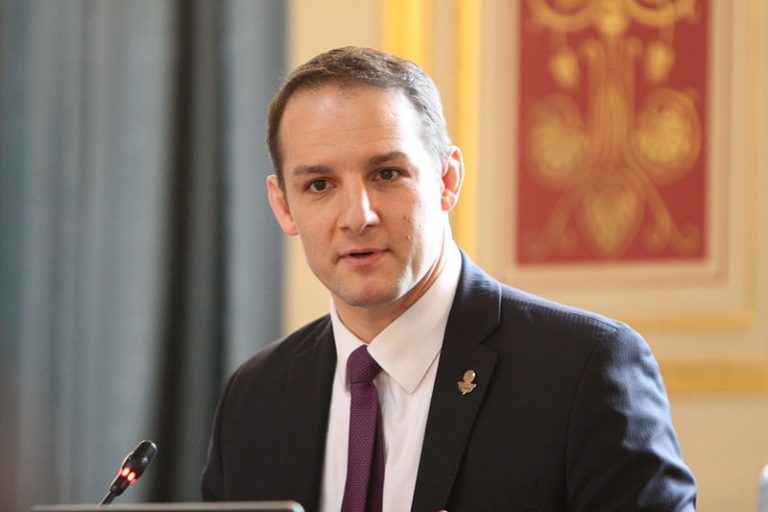Commonwealth Games Federation (CGF) officials are running out of options after an announcement Sunday that Gold Coast in Australia has abandoned a potential 2026 Commonwealth Games bid that had been a last ditch attempt to keep the event in Australia and on schedule.

Now the CGF will need to search for interest from across the Commonwealth, likely to cause further delays and push the Games into 2027 or later.
Victoria had already been chosen to host the 2026 edition but in July then state premier Daniel Andrews pulled the plug on the project, citing increasing costs that were approaching AUD $5 billion (USD $3.3 billion). Those numbers were disputed by Commonwealth Games Australia (CGA) and other stakeholders, but evolving regional plans called for more construction and greater risk.
Efforts were made to keep the Games in Australia, and Gold Coast became the final option thanks to existing infrastructure and experience from hosting in 2018.
Gold Coast proposed a more efficient plan estimated to cost AUD $700 million (USD $452 million) but the Queensland state government that is already preparing for the 2032 Summer Olympic Games in Brisbane pushed back. On Sunday Gold Coast Mayor Tom Tate admitted the bid had failed after support was denied from the state and federal governments.
Speaking to Australian media, Tate blamed the failure on the state government.
He said “We put our best foot forward, the opportunity to save Australia’s reputation. When you see a solution for something and someone else can’t see it, well what can you do?”
In a statement he added “We did our best and that’s all people can expect.”
“In simple terms, it seems our Games’ vision doesn’t align with the vision of the state or federal governments.”
CGA chief executive Craig Phillips told Australian Associated Press that moving the Games outside of the nation is now likely, explaining “We have indicated to (the CGF) … they would have our support in doing that.”
“It’s our preference to host here and we will keep going while we think we have got options to explore. But if they have a better option, then they should seriously consider it.”
“The people we spoke to in the Commonwealth Games family, I believe that the sentiment is very much still that the first priority is there is a solution here in Australia.
“But if that doesn’t materialize, then other options are certainly very much on the table.
“We have made it clear to the CGF that we feel an obligation to host, we would like to host. But if they come up with a better solution for themselves then ultimately so be it.”
Last month CGF chief Katie Sadleir addressed rising concerns that other plans might need to be considered for the future of the 2026 edition, and said “our aim is to be in a situation early in the new year to make a call on where a Games might go in 2026, 2027 or whether or not we might do something a bit different.”
Victoria was elected to host the 2026 edition unopposed in 2022 after a series of delays forced the decision almost three years behind schedule. The CGF’s troubles began in 2015 when Durban in South Africa was elected to host in 2022 after rival Edmonton in Canada dropped out due to the depressed oil industry.
Two years later Durban was stripped of the Games by the CGF when financial milestones were missed. Birmingham England, already preparing a bid for the 2026 edition, was elected to replace Durban. That cleared the candidates for 2026 and delayed the election as new candidates remained elusive.
Hamilton, hoping to host the 2030 centennial of the inaugural Games first staged in the Canadian city, was given an exclusive opportunity to stage the 2026 event but the offer was turned down by the Ontario provincial government as they focus on staging FIFA World Cup events that same year.


